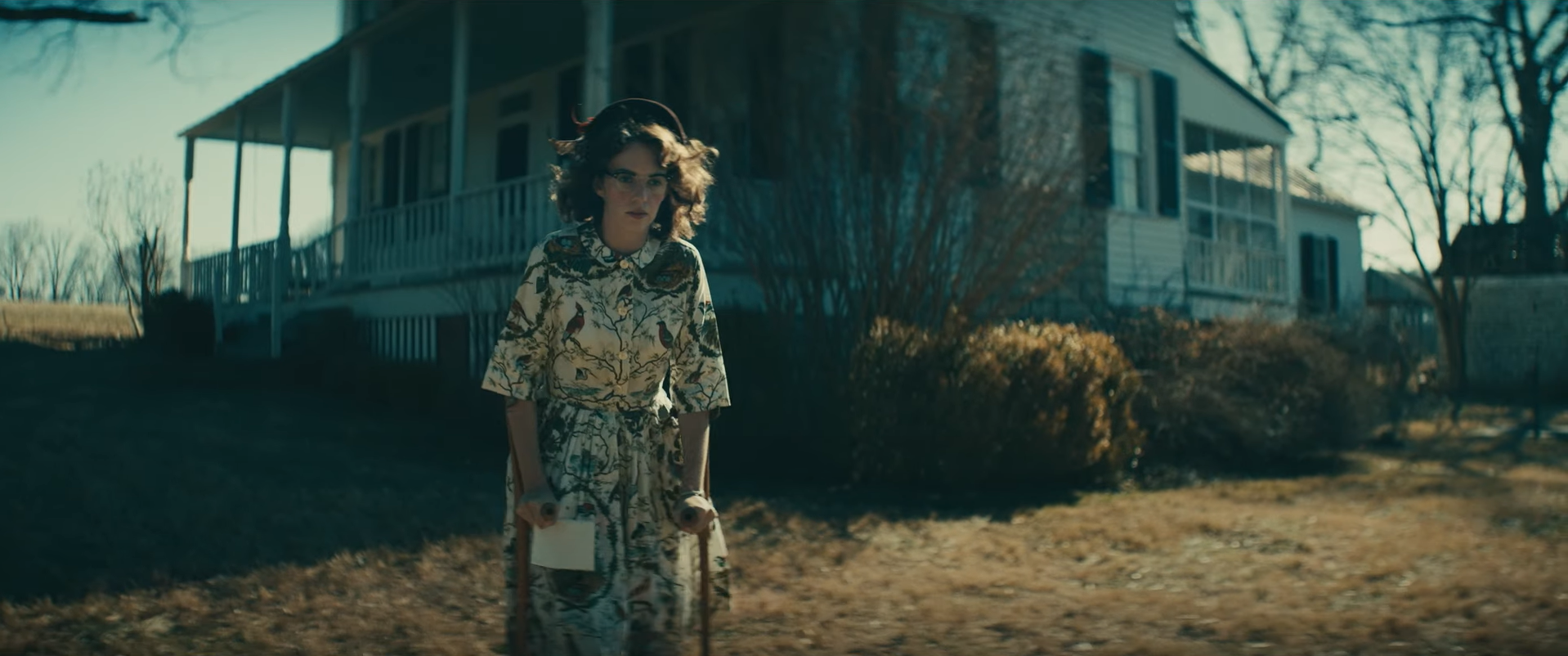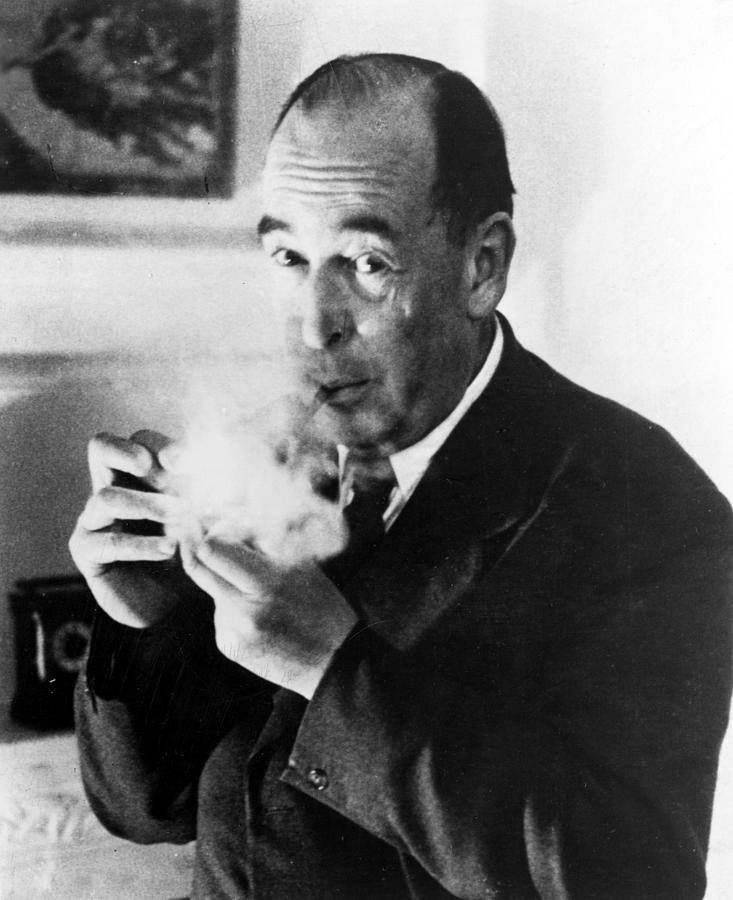Further notes on Nosferatu
/Willem Dafoe as Prof von Franz in Nosferatu (2024)
I’ve been thinking about Nosferatu a lot since I first watched it. I managed to get a short summary of my thoughts down in my “2024 in movies” year-in-review, but here are some more oddments and reflections I’ve had since.
Outside reading
Writing at National Review, Jack Butler, whose opinions I respect, “expected to be wowed but was merely entertained.” This is almost the opposite of my reaction, not least since I found Nosferatu too spiritually oppressive, too uncompromising in its presentation of the twisted, predatory, consuming nature of sin and evil, to be entertaining.
Nevertheless, Butler makes a good point earlier in his short review: “one character literally invites the demonic into her life,” he notes, followed by the pointed parenthetical “(Be careful what you ‘manifest,’ kids!)”
At his UnTaking Substack, my friend Danny Anderson contends with two misreadings of Nosferatu, and along the way makes this incisive point about Eggers’s meticulous quest not merely to capture the fashions and hairstyles of past times—those are the easy parts—but the inside of people:
In the end, I do think that Holmes is correct in his focus on Eggers’ attraction to the past and the metanarratives that once inscribed meaning onto life. This is what I admire most about his work, in fact. His films create worlds that shouldn’t still exist. They are anachronisms. He re-creates the mind of the past, not just images. The confrontation with that mind, which is alien and beyond our modern comprehension, is part of what makes his art valuable.
Agreed. We need to be confronted with past minds more often than we are. This is one of the things old books are good for, but since fewer and fewer people read, the need for such movies is growing. May Eggers’s tribe increase.
A few other points that I’ve been mulling, especially points that have proven controversial:
Nosferatu and Christianity
One line of criticism against Eggers’s Nosferatu has accused it of watering down or eliminating Christian elements present in Stoker’s original. I’m not as familiar with Dracula—the fons et origo of all this vampire stuff—as I should be, but I thought the evidence of Nosferatu itself is ambiguous. Crosses and crucifixes are both prominent and subtle throughout, but it’s not clear, as I’ve seen several critics online point out, that they do much to repel or impede Count Orlok. It’s possible that he only appears in rooms in, say, the Harding house where there are no religious decorations, but I didn’t pay close enough attention to be sure.
More pointedly, I’ve seen Willem Dafoe’s Professor von Franz accused of being a paganized Van Helsing. I don’t think so. The doctor who introduces von Franz name-drops at least one Christian occultist (in the early modern sense of someone who studies hidden forces, like magic and magnetism), and late in the film von Franz instinctively makes the sign of the cross.
Von Franz is also from Switzerland, from the southerly and more predominantly Catholic regions of German-speaking Europe. In this way he’s a contrast to the other characters, the Hutters and Hardings and Dr Sievers, who come from the fictional Wisburg, which is clearly a North Sea or Baltic port city—the Germany of Luther and Kant. Prof von Franz is coded from the get-go as more attuned to the eminent but hidden and the power of the liturgical. A nice touch by Eggers.
It’s not explicit, but I think von Franz is meaningfully Christian, albeit a Christian steeped in esoterica—but not of the Faustian variety.
But the strongest showing for Christianity belongs to two groups—the Romanian peasantry and the Orthodox nuns who nurse Thomas Hutter back to health. Out of all the characters in the film, they are the ones who most clearly understand what Orlok is and what it takes to resist him. Further, their explicit affiliation of Orlok with Satan is allowed to stand unchallenged. They, like Prof von Franz, know what they’re talking about and suffer no illusions.
Orlok, by moving from Transylvania to northern Germany is escaping the “superstitious” who know what he is to live among the “enlightened” who are easy pickings. A pretty powerful statement by itself.
Ellen’s sacrifice
The final act, in which Ellen makes herself available to her predator as carnal bait, luring him to their deaths, didn’t quite land for me. As I put it in my year-in-review, “I thought the ending stumbled a bit.” That’s the best I could put it at the time, but I’ve read and talked to other viewers who had the same sense of unease about it. As I put it in e-mail conversation with one of y’all, is Ellen’s final action a Christ-like self-sacrifice or an act of pagan expiation?
I think it has to be the latter. It was Ellen, after all, who first transgressed by summoning Orlok as a child. (See Butler above.) She was lonely and ignorant, but circumstances play no role in the pagan understanding of transgression. Whole mythologies have grown out of this conception of sin as crossing a line. By giving in to Orlok Ellen allows his appetite to consume him—and her. There is no eucatastrophe, only the methodical, inevitable outworking of the process she initiated years before. She has not received grace so much as restored balance.
This undercuts whatever is going on with the Orthodox nuns or the Catholic von Franz. However subtly and powerfully Nosferatu evokes their pre-Enlightenment liturgical Christianity, grace in this story ultimately has nothing to do with defeating evil. There’s an unfulfilled yearning for grace here. Eggers ends up framing Orlok’s defeat as an act of independent will, but under the influence of Orlok, how independent can Ellen be, really?
As clearly as Eggers can perceive and expose evil—and there’s no one else in Hollywood today who sees it this clearly—he seems to lack a countervailing sense of the good. Something to think and pray about.
Minutiae
As I’ve said to a couple of y’all, I’ve been amazed at how totally my tolerance for bad things happening to children in movies has evaporated over the last several years.
Relatedly, the role of the Harding family as mere cannon fodder for Orlok and the utter lack of redemption for Friedrich felt like a misstep into gratuitous shock.
An uncharacteristic bit of internet nit-picking for me: If both Thomas Hutter and Prof von Franz know that Orlok sleeps in his coffin during the day—which Thomas knows because he came within a hair’s breadth of killing him and ending the nightmare earlier—why do they wait until night to go to his house outside Wisburg? Why not go directly there and stake him in the middle of the day? Perhaps I’m forgetting something.
Finally, I can’t saw enough good things about the cast, but let me specifically point out Ralph Ineson as the unfortunate Dr Sievers. A lesser actor would have made him an unthinking period quack. Ineson makes him a thoughtful student of medical science who is doing his best against something impervious to his tools. This is his third role in an Eggers film and I hope the two keep working together.
Concluding unscientific postscript
I’m grateful to Chet for the e-mail correspondence that helped me give a shape to some of these thoughts, observations, and intuitions.
Nosferatu is a great movie but, again, not mere entertainment. It’s much more, but that doesn’t make it fun. I hope to watch it again someday, and to see more in it. But that will probably be a while.















